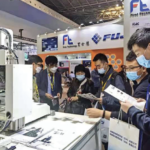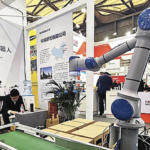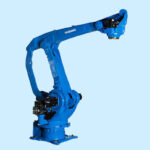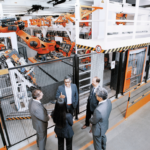ASIA ELECTRONICS INDUSTRYYOUR WINDOW TO SMART MANUFACTURING
Robust Potential Drives Players to Dive in Robot Market
The demand for industrial robots has been expanding amid soaring incidents of labor shortages, rising labor costs, and needs for advanced automation in new fields, such as internet of things (IoT) and connected, autonomous, shared & services, and electric (CASE) trends. In particular, collaborative robots that work in cooperation with people are attracting attention.
Increasing number of companies have been making inroads into the business anticipating the growth potential of collaborative robots.
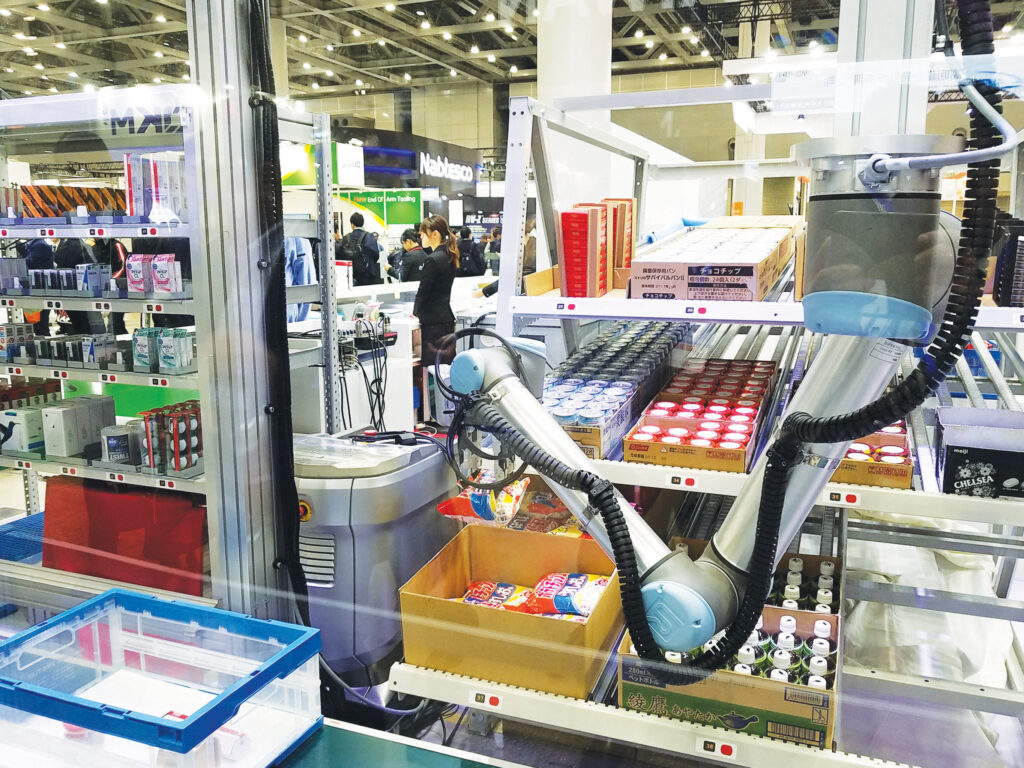
New Features, Functions
Mitsubishi Electric Corporation has entered the collaborative robot market as a new player, and released in May MELFA ASSISTA, which is equipped with safety function, such as collision detection function, targeting automotive, electric and electronic components, foods, medical products, and sanitary goods markets, and RT VisualBox program creation tool, which facilitates the installation and start-up of the robot. It allows training operation (recording and reproduction of movements) to the robot using a dedicated operation button equipped on the robot arm.
Yamaha Motor Co., Ltd. has invested in Tokyo Robotics Inc., a startup company originated from Waseda University, which has strength in the collaborative robot field, and concluded a technology licensing agreement, entering the collaborative robot field on a full scale.
YASKAWA ELECTRIC CORPORATION has been expanding its lineup of the MOTOMAN-HC Series collaborative robots, including the hand carry, dustproof and drip-proof type. As new products, the company has released MOTOMAN-HC10DTF with a payload capacity of 10kg targeting the food industry, and MOTOMAN-HC20DT, which is dustproof and drift-proof and has a payload capacity of 20kg. The entire body of the MOTOMAN-HC10DTF can be cleaned as special coating is applied on the surface of the robot.
FANUC Corporation has been offering the CR Series as its main products. It can be operated using a tablet, and it is possible to create a program by rearranging icons. The company has also released a product that enables direct teaching.
Kawasaki Heavy Industries, Ltd. offers duAro dual-arm SCARA robot, which can fit into a single person space and can be easily moved and installed using a wheeled cart equipped with a controller.
NACHI-FUJIKOSHI CORP. deploys the CZ10 slim arm collaborative robot. It features a rounded arm with joints with clearances, and a people-friendly design. Iida Electronics (Tsusho) Co., Ltd., an electronics trading company, is one of the company’s distributors.
DENSO WAVE INCORPORATED deploys COBOTTA as its mainstay collaborative robot. The robot enables workers without special knowledge to teach operations and operate it, and hence, the demand for COBOTTA has been expanding as a working auxiliary tool in the automation of manufacturing site.
Omron Corporation’s TM Series collaborative robot incorporates a built-in vision, allowing for quick start-ups and rapid changeovers.
ABB Ltd. is a Swiss-based industrial robot manufacturer and has ABB Japan as its base in Japan. The company’s main product is YuMi collaborative dual-arm robot with 14 axes and a built-in controller. It operates on 100V power supply.
Universal Robots, founded in 2005, is a Denmark-based manufacturer and specializes in collaborative robots. In 2019, the company’s cumulative sales has already exceeded 37,000 units. The company offers the main body of collaborative robot, making specifications of the robot arm and interface open, thereby enabling developers to develop peripheral equipment compliant with those specifications and interface, such as robot hands, cameras and sensors. The company has been expanding the development of peripheral equipment called UR+.
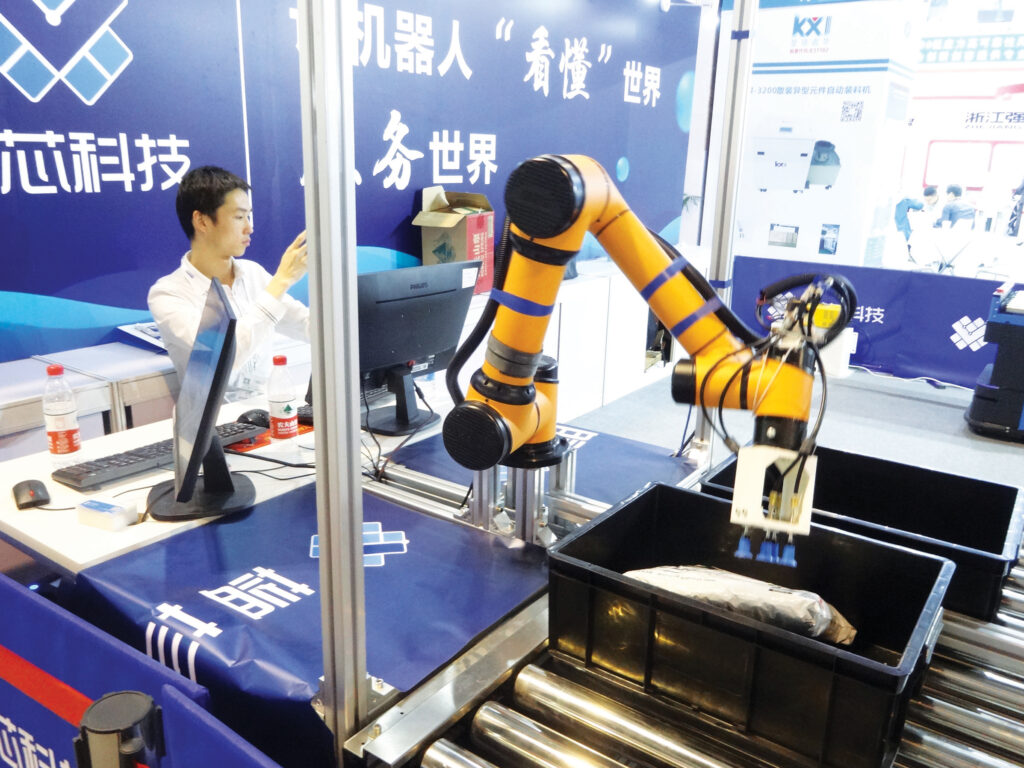
KUKA AG is a German-based manufacturer of industrial robots and factory automation (FA) equipment. It is presently a subsidiary of Midea Group, a Chinese home electric appliances manufacturer. KUKA’s main products are LBR iiwa human-collaborative robots with payload capacities of 7 to 14kg.

